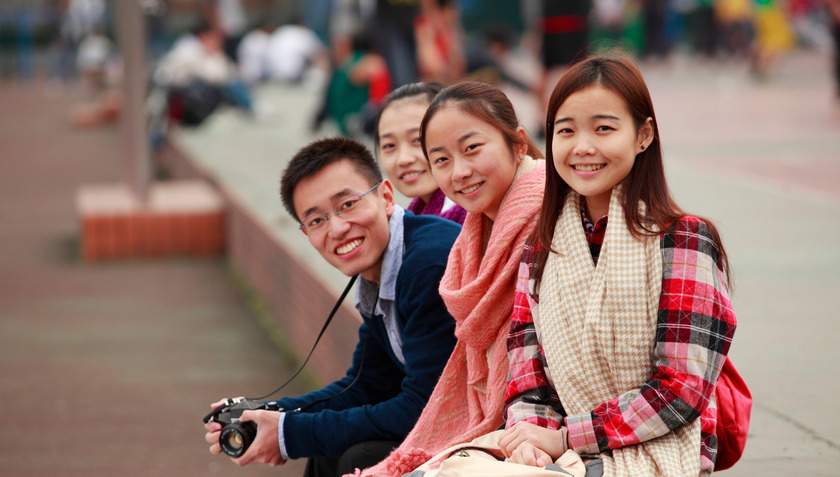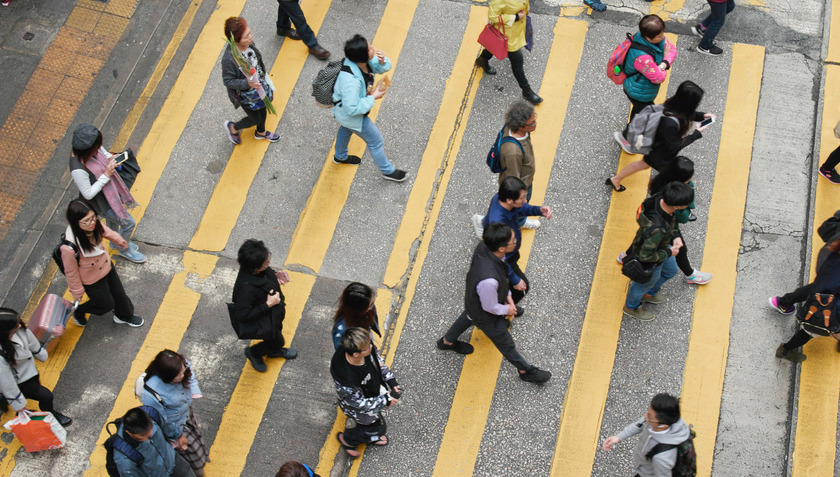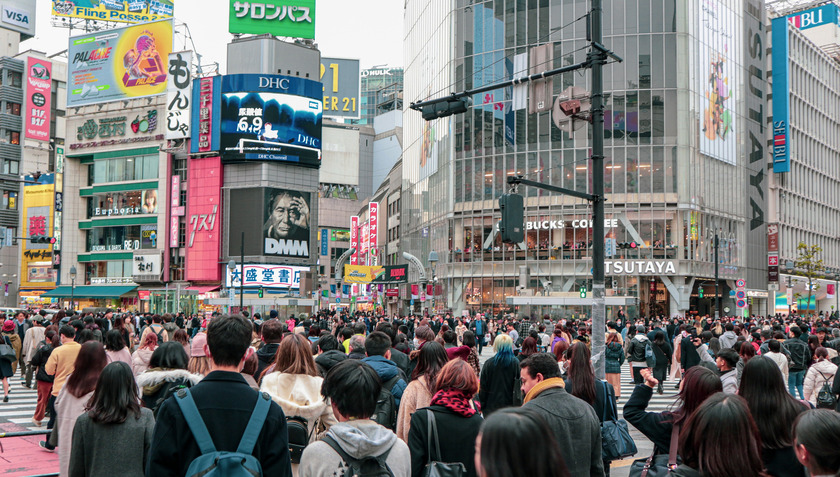After months of stress due to the pandemic, young people in China are creating a new trend: "revenge saving." Instead of "getting revenge" through extravagant shopping, many young people are choosing to save drastically.
Accordingly, young people in the world's most populous country are setting themselves the goal of saving as much as possible, minimizing spending as a way to regain control of their lives. This trend is completely opposite to the "revenge shopping" or "revenge spending" movements, two concepts frequently mentioned by international media after the COVID-19 pandemic.

The volatile economic landscape has led to changes in the consumption habits of young Chinese people.
On the social media platform Xiaohongshu, a 26-year-old woman's account, Little Zhai Zhai, shared her method of limiting spending. She stated that she only spends 300 yuan (over 1 million VND) per month, and she has also cut her daily meal costs to just 10 yuan (35,000 VND).
Many young people also post ads seeking partners to jointly achieve their savings goals, creating a motivated and effective "compensatory savings" community. One of the ways young people save money is by choosing to eat at community canteens for the elderly, where fresh and delicious food is sold at relatively low prices.
Since last year, young people in China have started a trend of buying 1-gram "golden beans" for 400-600 yuan. Many say they usually buy one or two beans a month, equivalent to the cost of a cup of bubble tea.

Saving money is becoming a trend on Chinese social media platforms, where young people set very strict monthly goals.
Beyond simple savings, this is a long-term investment for young people. Traditionally, middle-aged and older people bought the most gold, but now Gen Z (born between 1997 and 2012) is the group attracting these products.

Following the pandemic, a wave of "recovery shopping," even borrowing to spend, emerged globally, while Chinese Gen Z chose to save.
Several hashtags, such as "reverse consumption" and "frugal economy," are trending on social media, another indicator that young Chinese people are increasingly tightening their belts. Specifically, "reverse consumption" refers to consciously making efforts to cut spending, while "frugal economy" encompasses actively seeking discounts and deals when shopping.
Shaun Rein, CEO of China Market Research Group (CMR), told CNBC: "Young Chinese people have a vengeful saving mentality. Unlike young people in the 2010s who often spent more than they earned and borrowed money to buy coveted items like Gucci bags and iPhones, young Chinese people today have started saving more."

Beyond simply saving, this is a long-term investment for young people.
On the online forum Reddit, many accounts expressed their support for this new "strategy" among young Chinese people. One account stated that he really liked this new concept of saving. Despite having a good salary, he is willing to refuse to buy a car, a new outfit, or anything else if he feels it's not truly necessary.
According to a recent report by the People's Bank of China, total yuan deposits by households in the country increased by 11.8% in the first quarter of 2024 compared to the same period last year. Although China's first-quarter GDP exceeded expectations, reaching 5.3% year-on-year growth, forecasts still indicate a continued slowdown. The International Monetary Fund (IMF) forecasts growth of 4.5% in 2025.

Confidence has vanished among young people. It will take years, if not longer, before they can comfortably make up for lost spending power.
Experts added another factor: a tightening labor market, particularly unfavorable for young people. The unemployment rate for those aged 16-24 was 14.2% in May, significantly higher than the national average of 5%. While there are no official figures on the monthly income of university graduates, a survey showed that those with a university degree earned an average salary of 6,050 yuan (US$832) per month in 2023, a 1% increase year-on-year, according to domestic reports published by MyCOS.
Confidence has faded in the hearts of young people, leaving a vast void. They will have to go through a long, even very long, journey to regain their confidence in spending as before. Young people's consumer confidence is like a small flame, slowly dying out. To rekindle that flame, new sparks and stronger stimuli are needed.

 VI
VI EN
EN



































